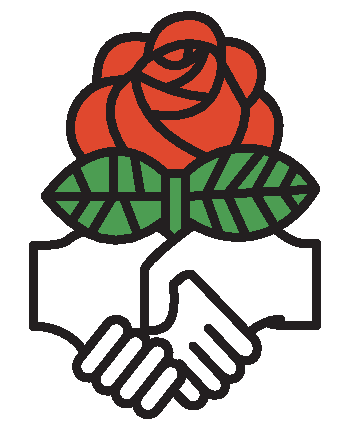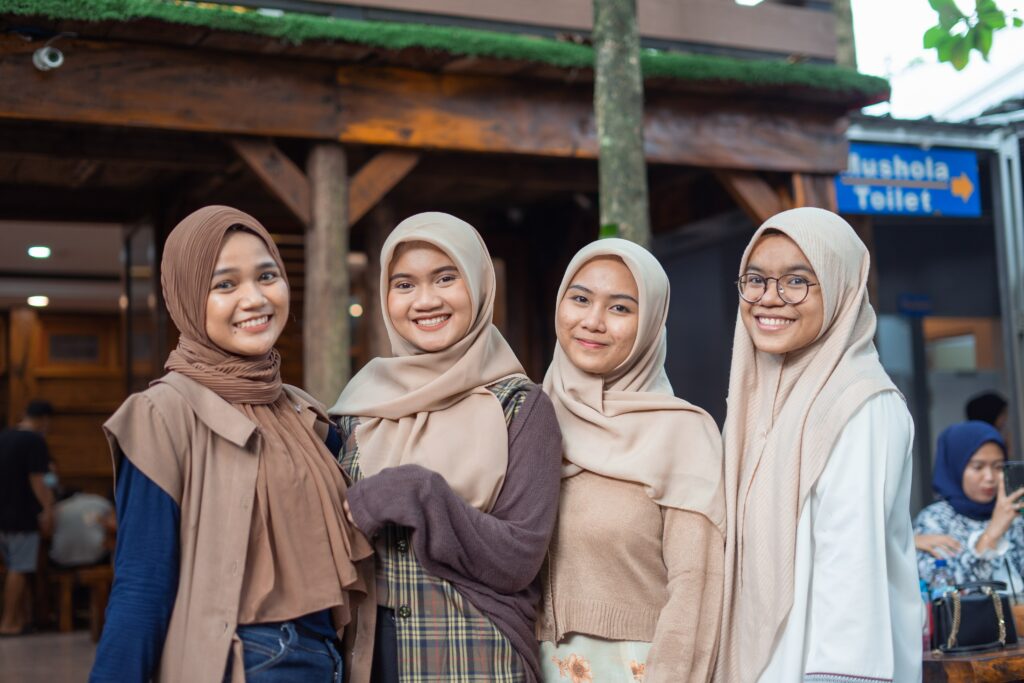Gender-Based Violence in India – A Human Rights Issue
Lisbon, Portugal, 01 and 02 February 2013
Resolution
Barely one month ago the public worldwide learnt of the brutal rape of a young woman in India, Jyoti Singh Pandey, her subsequent death and the public demonstrations that took place. Soon afterwards, reports began to emerge of other appalling gang rapes in this and other countries, as well as horrifying details of the number of women raped each year and of the way in which the perpetrators escape justice.
Women across the world reject such acts of violence and we are determined to call a halt to this brutality. We cannot allow ourselves to miss this opportunity, this moment of awareness, to commit ourselves to taking a stand for the human rights of women.
No nation can claim with one hundred percent certainty that men and women grow up and live under equal conditions. In most of the world being a woman means receiving little or no education, being less healthy, being jobless or paid significantly lower wages than a man. Even so, the situation of women is better in some countries than in others, and is always better in those countries with laws that provide adequate protection for women who are victims of rape.
India is 129th (out of 187 countries) on the Gender Inequality Index drawn up by the UNPB (United Nations Development Programme). Here, as elsewhere in the world, there is frequent selective abortion of female foetuses and even the murder of newborn baby girls, while more money from the family budget is allotted to education and provision of food for boys than for girls, women are sold as mere objects and the marriage of 10-year-old girls is quite usual. Sexual exploitation and the treatment of female domestic servants as slaves is the order of the day.
The gang rape case has unleashed a worldwide public outcry. All nations must have in place legislation which prevents and roundly condemns rape and violence against women and girls. Women’s rights are human rights and this means that countries must avail themselves of all necessary resources to guarantee these rights.
Moreover, we take account of the statements of condemnation made by the United Nations Secretary General, Ban Ki-Moon, the United Nations High Commissioner for Human Rights, Navanethem Pillay, and the Executive Director of UN Women, Michelle Bachelet. On behalf of the Socialist International Women we energetically condemn the appalling cases of rape committed in India and in the rest of the world.
Therefore the Socialist International Women (SIW) calls on governments and member parties of the Socialist International, as well as NGOs with principles similar to those of the SIW to:
demand that the Indian Government undertake the necessary reforms to open the way to equality between men and women and to eradicate violence against women in that country in accordance with the Convention on the Elimination of All Forms of Discrimination Against Women and that it immediately sign its Protocol authorising the United Nations to investigate complaints by private individuals;
support organised civil society in India and in other countries in its demands for justice and equality as a fundamental part of the process that must be initiated in order to achieve gender equality in the country;
demand from all governments throughout the world laws that guarantee the safety and rights of women, one of the most basic of which is the right to live without violence. Tackling violence against women and girls must be a priority for the international community;
demand and support the United Nations’ firm commitment to the advancement of women’s rights, prioritising the fight against gender-based violence; and
support with determination stage 10 of the policy agenda of the Executive Director of UN Women, Michelle Bachelet: to invest inequality between the sexes and the empowerment of women and confront the basic causes of violence against women and girls and, in particular, to extend female participation and female leadership in the fields of politics and economics.
We call for genuine commitment to gender equality policies in every nation worldwide, since this is the only way of guaranteeing the total elimination of violence against women, violence being the clearest and most brutal indicator of oppression and inequality suffered by women throughout the world.
We urge governments to create legislation that combats gender-based violence from an integrated point of view, introducing laws that set out preventive measures but which also condemn outright those who perpetuate violence, using the means of education, gender-discrimination awareness programmes, social services, healthcare, advertising, on law- and policy-making, in other words legislation that embraces all areas and responds globally to the conditions suffered by millions of women.
We demand a greater, firmer commitment to the education which is fundamental to development in every country. Governments should accomplish this while including women and girls at every stage of the educative process.
We urge all governments to apply a policy of equal educational opportunity in schools, since education in ethical values is the principal means of ensuring that future generations live and share on equal terms and education is the only route towards human rights.
Finally, Socialist International Women calls upon every individual, all progressive parties, leaders and the world media to support the social outcry in India and not assume it to be a one-off event. This deplorable incident must serve to launch an international campaign against rape and gender-based violence.
_______________

